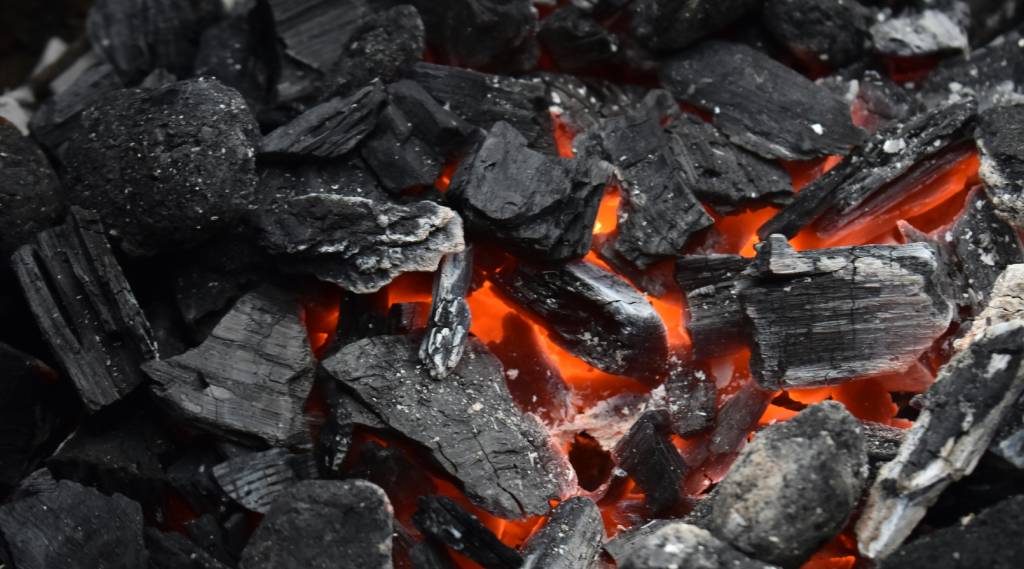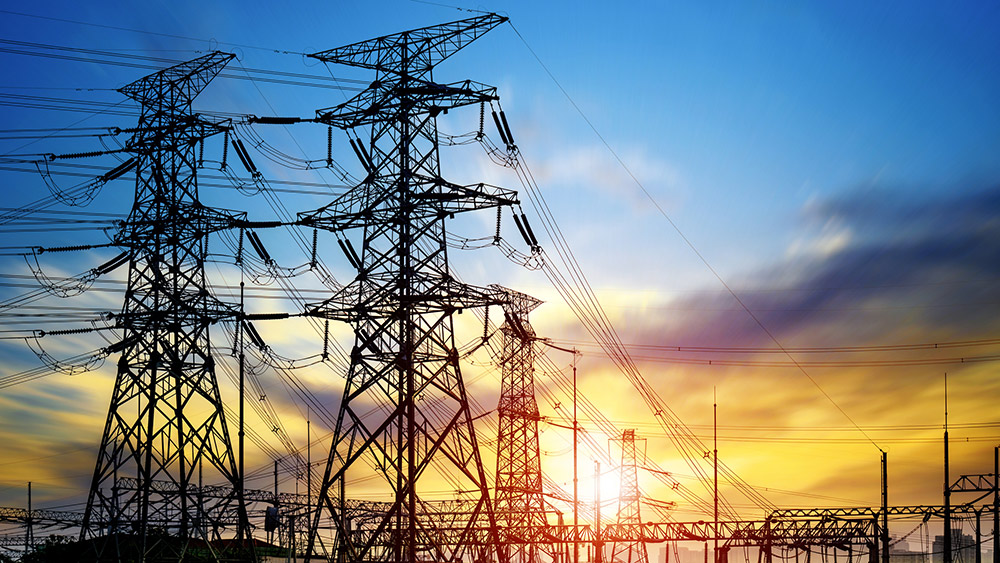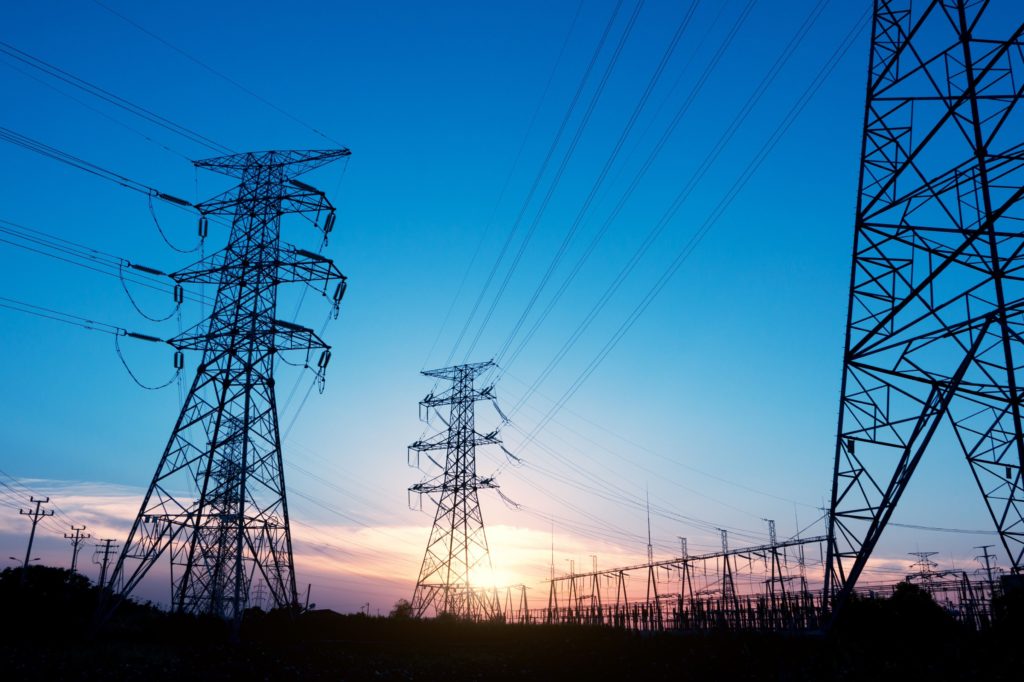With the signing of Critical Mineral partnership agreement between India-Australia, India has embarked to make itself immune from supply shocks and promote domestic mining of minerals like lithium, cobalt and nickel which have applications in industries ranging from automobile, defense, nuclear energy and electronics.
Premium Content Access
This content is available exclusively to our paid subscribers. Please login to enjoy full access. If you’re interested in subscribing to access our premium content, please contact us at support@omnicoreplus.com.





